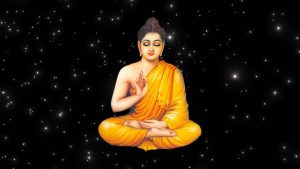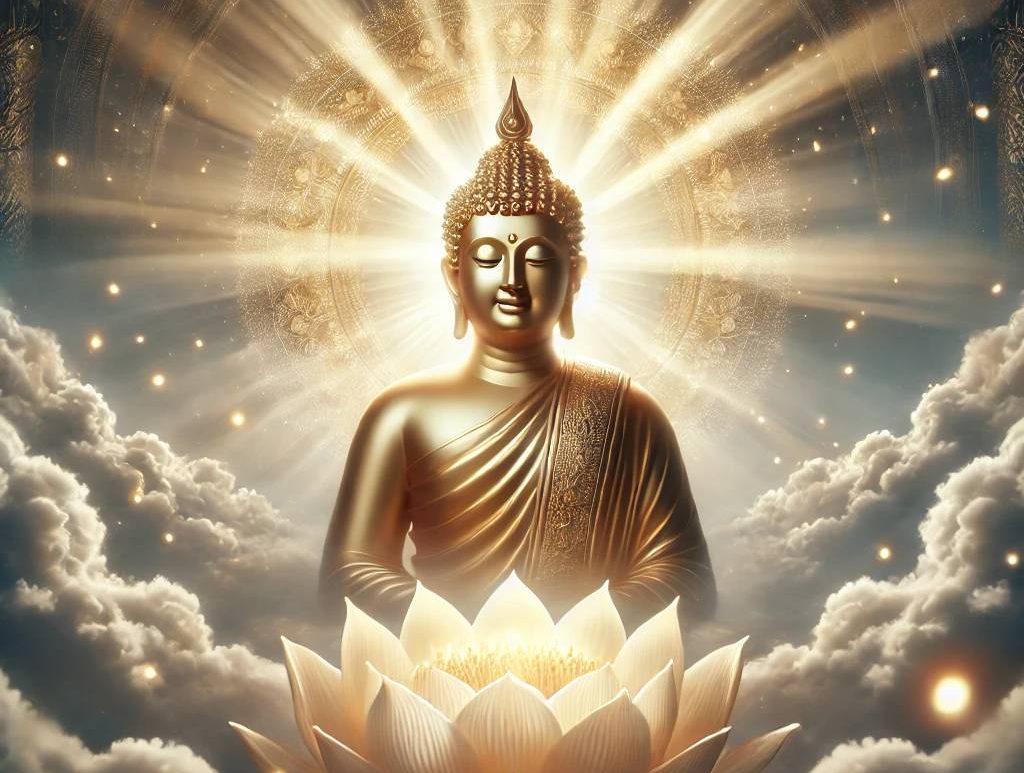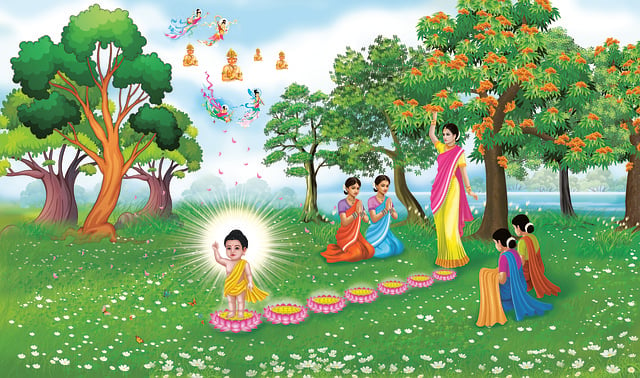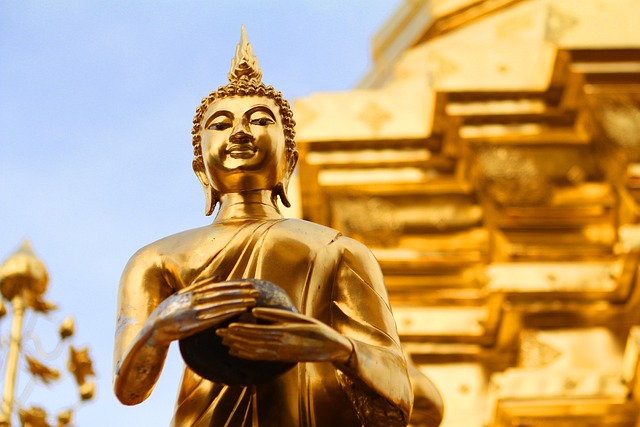📖 The book The Buddha Teaches Once More
🔹 Part 2: Essential Buddhist Teachings
📜 Chapter 17: Things the Buddha Cannot Do
The Buddha has four things that He cannot do. But what is the reason behind these limitations? There are profound and hidden causes—let us listen to the Venerable Buddha explain so that we may understand the immense compassion of the Benevolent Father.
Minh Nguyet: Venerable Buddha, the Buddha does not permit anyone to use supernatural powers to guide sentient beings. He is the Compassionate Father, yet He allows sentient beings to endure suffering. May I ask what the deeper reason behind this is?

Once, a disciple asked the Buddha: “You possess supernatural powers and boundless compassion, so why do you allow beings to endure suffering?”
At that time, the Buddha explained that although He has divine powers and a compassionate heart, there are four things He cannot do:
- Karma cannot be altered – Each being must reap what they have sown. No one can take on another’s karma or bear their consequences for them.
- Wisdom cannot be given – Wisdom must be attained through one’s own learning and effort. It cannot be bestowed upon anyone.
- The wondrous Dharma cannot fully describe the true nature of the Universe – The essence of reality cannot be fully expressed through words or concepts. Language is limited and incapable of conveying ultimate truth. True understanding can only be attained through direct realization.
- Without affinity, one cannot be guided – Those without affinity will never hear or understand the Buddha’s teachings. Just as heavy rain cannot nourish a tree without roots, the vast wisdom of the Buddha cannot guide those who lack the necessary affinity.
Minh Nguyet: Venerable Buddha, every word spoken by the Buddha resonates deeply within my heart.

The Buddha is none other than God the Almighty, the Father of all sentient beings, while the Holy Mother is the Mother of all beings. To attain Buddhahood, sentient beings must fulfill three fundamental criteria: wisdom, compassion, and supernatural abilities. These cannot be granted but must be cultivated, nurtured, and awakened through diligent practice and realization. Only through this refinement and awakening can sentient beings attain Buddhahood.
In the process of training sentient beings, the enlightened ones adhere to divine principles and must strictly follow the established processes and regulations. Therefore, the Buddha does not interfere. Whoever creates karma must bear its consequences, experiencing the suffering of their victims. Only through such suffering can they gain insight, reflect upon their mistakes, and remind themselves in future lives not to cause harm to others. Sentient beings must experience pain and hardship to grow and mature. Without effort in learning, there can be no attainment!
Although the Buddha does not interfere, He has provided countless scriptures to guide and enlighten sentient beings. He has also descended into the human realm in a mortal form, without supernatural powers, enduring the hardships of human life for many years alongside sentient beings. Through these challenges, He transcended suffering, cultivated Himself, attained enlightenment, and achieved supernatural abilities. By doing so, He set an example for all sentient beings to follow and cultivate their own path to liberation.
🍃Conclusion:
The Compassionate Father loves all sentient beings with immeasurable wisdom and boundless compassion. Instead of using supernatural powers, He establishes an environment for cultivation, introduces various spiritual paths, and provides scriptures to help sentient beings attain enlightenment. This is because a Buddha must possess both wisdom and compassion in full measure.
Thus, the path to liberation from the cycle of rebirth requires one to walk it by oneself, through self-cultivation and diligent practice. Cherish this human life! Whenever the opportunity arises, let us earnestly practice the Noble Eightfold Path and study the Four Noble Truths, so that our journey of cultivation may become ever more diligent and refined.




